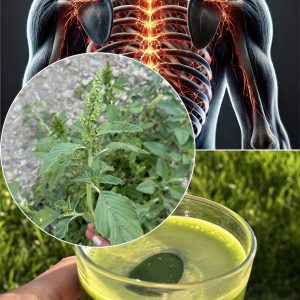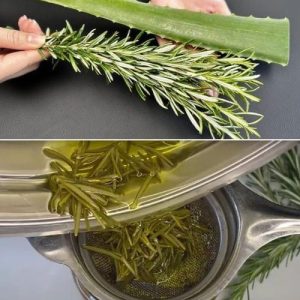Coconut oil has been a topic of much discussion and research in recent years, often celebrated as a superfood. With its unique combination of fatty acids and potential health benefits, it’s no wonder that many have integrated it into their daily routines. Here’s a closer look at what makes coconut oil popular and whether it’s as beneficial as claimed.
Nutritional Profile of Coconut Oil
Coconut oil is unique because it’s mostly made up of saturated fats, specifically medium-chain triglycerides (MCTs). Unlike other saturated fats, MCTs are metabolized differently by the body. They go straight to the liver from the digestive tract, where they can be used as a quick source of energy or turned into ketones, which have various beneficial effects on brain function.
Potential Health Benefits
- Boosts Heart Health: While coconut oil contains saturated fat, it also helps increase the levels of good HDL cholesterol in your body. Some studies suggest that this can lead to a reduced risk of heart disease over time.
- Supports Weight Management: The MCTs in coconut oil can increase the number of calories your body burns compared with longer-chain fatty acids. This makes coconut oil a friendly addition to a weight management plan.
- Enhances Skin and Hair Health: Coconut oil is also highly regarded for its external use. It’s an excellent moisturizer for the skin and can reduce symptoms of eczema. For hair, it can help moisturize and protect, giving a shiny, healthy appearance.
- Antimicrobial Effects: The lauric acid in coconut oil can kill harmful pathogens, including bacteria, viruses, and fungi. This could potentially help prevent infections when used topically.
Things to Consider
Despite its benefits, coconut oil is high in calories and saturated fat. This means moderation is key. Incorporating coconut oil into your diet should be done thoughtfully, balancing it with a variety of other healthy fats like olive oil and avocados.
How to Use Coconut Oil
- Cooking: It’s a stable oil that doesn’t break down easily at high temperatures like other oils do, making it suitable for frying and baking.
- Skin Care: Apply it directly to the skin as a moisturizer.
- Hair Care: Use it as a mask for dry hair or as a natural conditioner.
Conclusion
Coconut oil can be a wonderful addition to your pantry and your beauty regimen. Its unique fatty acids offer various health benefits, but like any good thing, it works best when used in moderation. Whether you’re using it in the kitchen or the bathroom, coconut oil has a versatile role in supporting a healthier lifestyle.





